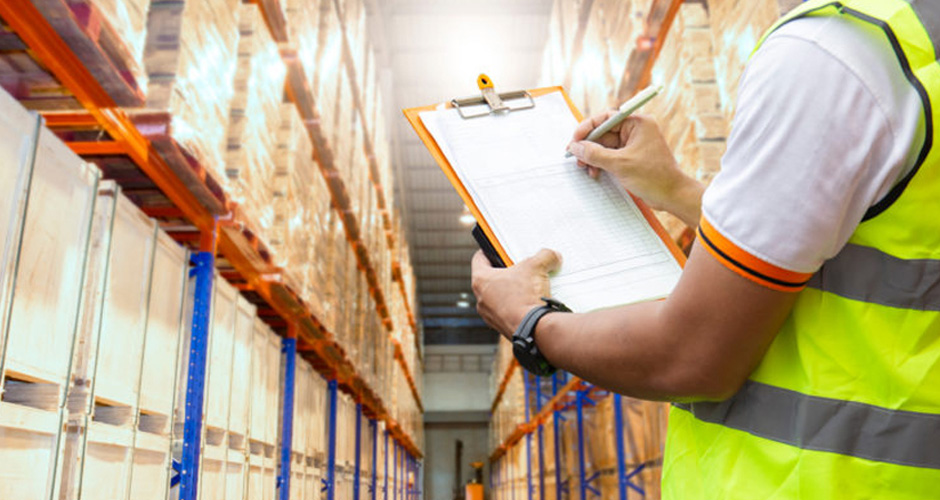Most Important Factors To Take Care Of Before Customs Clearance

Customs clearance is a required element of the shipping procedure whenever products are shipped from one country to another. You must acquire export clearance before your freight may depart the port of origin. Similarly, import clearance is necessary before your shipment may reach the target country.
We hear from both new and experienced shippers that customs clearance in India is a complicated procedure with several hazards. We’ve compiled a list of nine critical actions to complete while preparing for customs clearance to assist you prevent any delays or additional fees.
Do research on your supplier and buyer
All parties in your supply chain, such as suppliers and purchasers, must be checked against restricted party lists. Organizations, businesses, or persons recognised by governments as restricted parties, also known as denied parties, are entities with which one should not conduct business.Someone may be added to a restricted party list for a variety of reasons. They could, for example:
Have been designated as a terrorist group or are linked with one Be involved in drug trafficking
Have a track record of unethical business practises?
Shippers that break these rules risk being fined, having their export licence suspended, or even being imprisoned. Fortunately, most freight forwarders, such as Ships Freight, provide restricted party screening in their services.
Prepare all necessary paperwork
Your customs broker will need the appropriate documents to begin the customs process. The following documents are generally required by most customs authorities:
Packing List for Commercial Invoices
Letter of Credit, Certificate of Origin, or other payment terms (depending on the agreed incoterms and the contract between the parties involved)
For air shipment, an Airway Bill is used, while for ocean shipping, a Bill of Lading is used (provided by your freight forwarder) Other papers may be necessary to complete the procedure, such as licences, permissions, or certification. If this is the case, your customs broker will let you know and will be able to help you further.
Check out our document list if you want to learn more about the many sorts of papers. There are also other instances there.
Take care of the packing guidelines
It’s critical to use the appropriate packing to guarantee that your items arrive safely and undamaged. However, special packaging regulations for some items (e.g., aerosol, sprays, medications) in the country of origin or destination must be observed.
Authorities may request a customs inspection or a customs thorough examination of your goods. You might risk a delay and extra customs fees if your packaging isn’t up to par.
When it comes to packaging materials, take in mind your destination country’s import limitations and quarantine regulations. Any wood packing should include the ISPM 15 marking, indicating that it has been treated to prevent the spread of timber pests.
Some nations, such as Australia, demand a packaging statement as part of the customs clearance procedure. This document describes the cleanliness of the container and specifies whether or not lumber and straw were utilised as packing materials.
Import and export restrictions of specific countries must be checked.
It is your obligation to confirm that your freight can be exported from the country of origin and entered the country of destination before sending it on its journey.
What Isn’t Allowed?
Certain items are prohibited from being exported or imported in certain countries. Before booking your shipment, we recommend that you check the official lists of forbidden products to confirm that your cargo is not on the list.
That so, with written authorization, you may be permitted to export or import certain restricted items if you fulfil specific restrictions and requirements. Your cargo may be confiscated and you may face fines if you export or import banned products without the appropriate documented permit or licence.



Leave us a comment